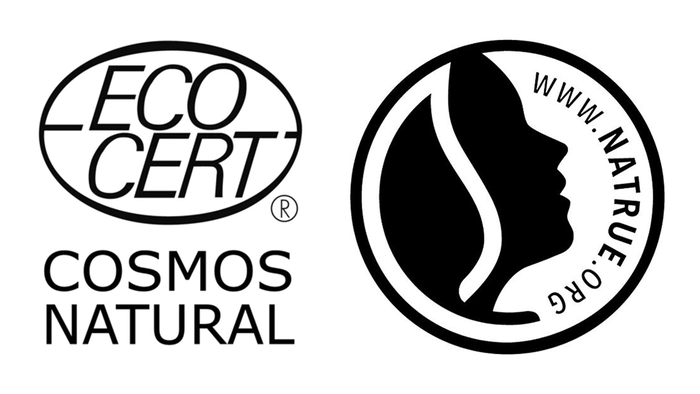Organic in the personal care space: Regulatory differences
Brands and retailers need to know—and explain to consumers—the difference in organic rules for personal care products. Learn what they are.

As the organic sector continues to grow, consumer interest is moving beyond what they put in their bodies to encompass what they put on their bodies. As consumers increasingly scrutinize the ingredients in personal care products and how these products are made, many ubiquitous products on drugstore shelves no longer cut it.
While most consumers are at least somewhat familiar with organic food and some of the fundamental ways it differs from conventional foods—the prohibition of GMOs, certain synthetic herbicides and pesticides—many are less familiar with organic cosmetics. While organic cosmetics share many similarities with organic foods, there are some fundamental differences.
Key regulatory differences
Personal care products are regulated by the U.S. Food and Drug Administration under the Food, Drug and Cosmetic Act (FDCA) and the Fair Packaging and Labeling Act (FPLA). To begin, just what exactly is a cosmetic? Under the FDCA, cosmetics or personal care products are defined as "articles intended to be rubbed, poured, sprinkled or sprayed on, introduced into or otherwise applied to the human body...for cleansing, beautifying, promoting attractiveness or altering the appearance." The definition includes moisturizers, nail polish, makeup and more. Neither the FDCA nor the FPLA defines the term organic.
Rather, organic is defined and regulated by the U.S. Department of Agriculture’s National Organic Program. The USDA’s jurisdiction encompasses agricultural ingredients and extends from the farm to multi-ingredient packaged foods.
A cosmetic may be eligible for USDA Organic Certification if it contains agricultural ingredients and meets the regulatory requirements under the National Organic Program. For example, a face serum made with at least 95% organically produced ingredients—such as organic seed oils—may be eligible for USDA certification. A USDA Certified Organic cosmetic is also regulated by the FDA.
Most personal care products are comprised of chemical compounds derived naturally or synthetically. However, if a product does not contain agricultural ingredients, the USDA has no jurisdiction over it. Such products cannot claim to be USDA Certified Organic, but they can be certified organic under standards set by private organizations. This is a key distinction between food and personal care products: Private certification agencies can certify food and other agricultural products to USDA standards, private organizations can set their own standards for organic cosmetics, lotions or other items.

Private standards for organic personal care products
Where the federal regulatory landscape is lacking, private entities have stepped in to fill this gap. COSMOS and Natrue are both European nonprofits founded by different stakeholder groups in the organic and personal care spaces. They set standards and partner with accredited third-party certifiers that work with cosmetic brands. Both entities’ standards are based on product formulations and other standards including animal welfare, packaging, sourcing, environmental standards and more.
Like organic foods, organic personal care products under both the COSMOS and Natrue standards cannot contain GMOs. Paraffin, formaldehyde and synthetic dyes also are prohibited. Under these standards, at least 95% of the cosmetics’ agricultural ingredients must be certified organic.
However, ingredients in cosmetics versus food should not be evaluated for safety through the same lens. Something that may be suitable for ingestion may not be suitable for topical use and vice versa. For example, organic food cannot contain titanium dioxide and its safety as an additive in conventional food has been under recent scrutiny. There are some instances, however when it may be suitable in an organic cosmetic, such as a UV-filter in sunscreen lotion.
As younger generations increasingly focus on cosmetics and consumers become more interested in clean beauty, the organic cosmetics sector is ripe for growth.
Read more about:
OrganicAbout the Author(s)
You May Also Like


